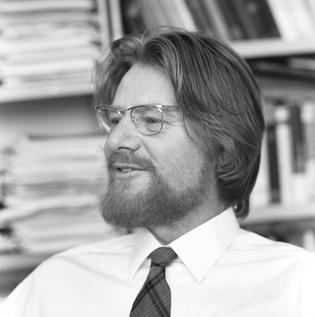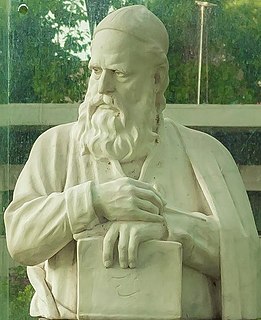A Quote by Werner Heisenberg
The uncertainty principle refers to the degree of indeterminateness in the possible present knowledge of the simultaneous values of various quantities with which the quantum theory deals; it does not restrict, for example, the exactness of a position measurement alone or a velocity measurement alone.
Related Quotes
The concept of 'measurement' becomes so fuzzy on reflection that it is quite surprising to have it appearing in physical theory at the most fundamental level ... does not any analysis of measurement require concepts more fundamental than measurement? And should not the fundamental theory be about these more fundamental concepts?
The incomplete knowledge of a system must be an essential part of every formulation in quantum theory. Quantum theoretical laws must be of a statistical kind. To give an example: we know that the radium atom emits alpha-radiation. Quantum theory can give us an indication of the probability that the alpha-particle will leave the nucleus in unit time, but it cannot predict at what precise point in time the emission will occur, for this is uncertain in principle.
Monetary calculation is not the calculation, and certainly not the measurement, of value. Its basis is the comparison of the more important and the less important. It is an ordering according to rank, an act of grading (Cuhel), and not an act of measuring. It was a mistake to search for a measure of the value of goods. In the last analysis, economic calculation does not rest on the measurement of values, but on their arrangement in an order of rank.
Over and above the various prejudices I acknowledge, the affinities I feel, the attractions I succumb to, the events which occur to me and to me alone- over and above a sum of movements I am conscious of making, of emotions I alone experience- I strive, in relation to other men, to discover the nature, if not the necessity, of my difference from them. Is it not precisely to the degree I become conscious of this difference that I shall recognize what I alone have been put on this earth to do, what unique message I alone may bear, so that I alone can answer for its fate?
By the help of God and with His precious assistance, I say that Algebra is a scientific art. The objects with which it deals are absolute numbers and measurable quantities which, though themselves unknown, are related to "things" which are known, whereby the determination of the unknown quantities is possible.































